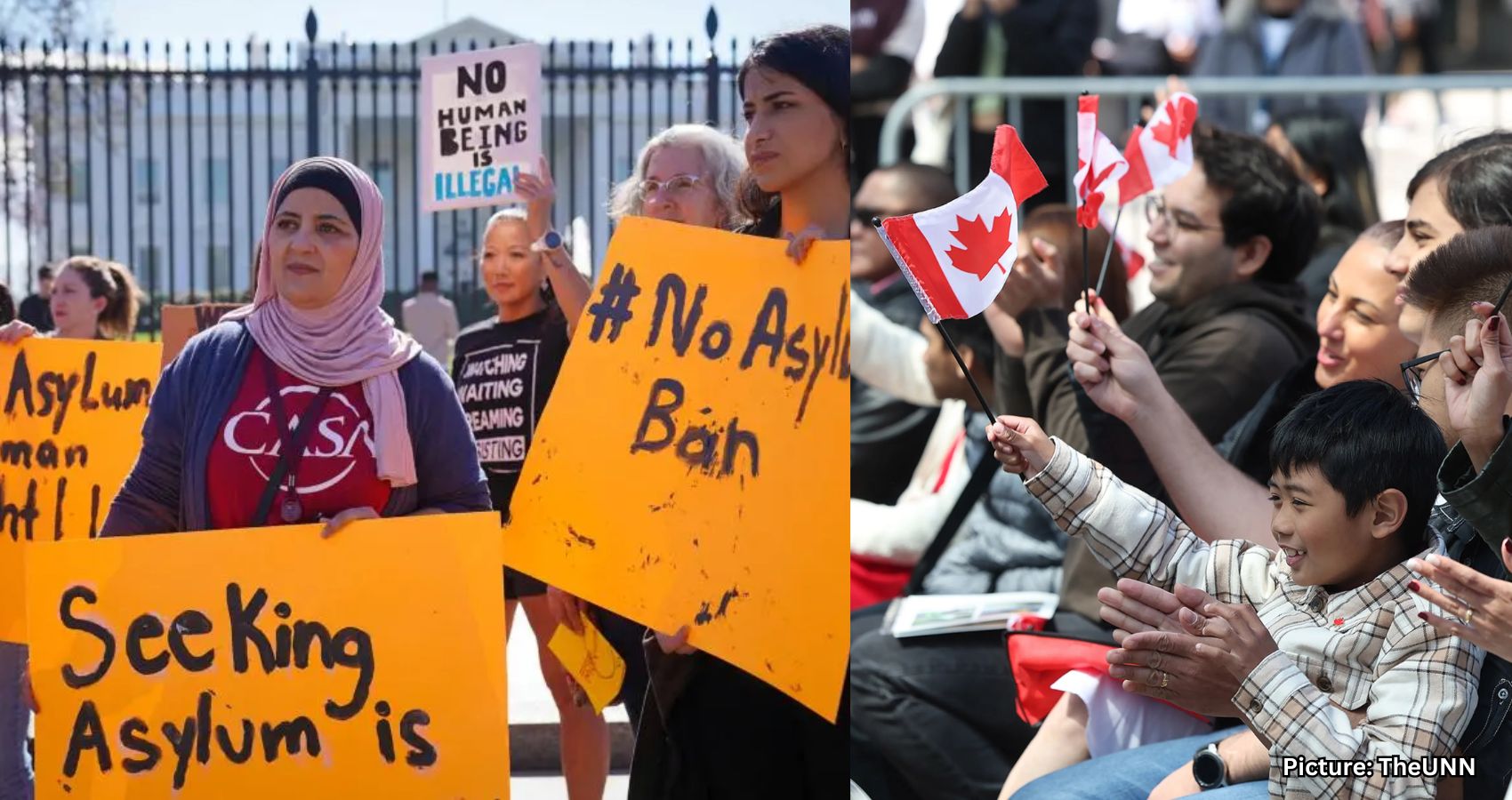Expanding surveillance measures targeting immigrants in the U.S. raise significant concerns about privacy rights, as government agencies increasingly share sensitive data and employ advanced monitoring techniques.
Since the Trump administration took office, the United States has witnessed a significant crackdown on immigrants. Immigration authorities, including Immigration and Customs Enforcement (ICE), the Department of Homeland Security (DHS), and U.S. Citizenship and Immigration Services (USCIS), have intensified efforts to question, detain, and deport undocumented immigrants, student visa holders, and green card holders.
To facilitate this crackdown, the administration has directed non-immigration-related government agencies, such as the Internal Revenue Service (IRS) and Medicaid, to share sensitive information with immigration authorities. During an American Community Media briefing on September 5, data privacy and policy experts expressed concerns that this development sets a dangerous precedent for privacy rights.
Nicole Alvarez, a Senior Policy Analyst for Technology Policy at the Center for American Progress (CAP), described the administration’s use of sensitive records for immigration enforcement as a “digital watchtower.” In a report published last month, Alvarez outlined how the administration is constructing an infrastructure for an expanding surveillance system that poses threats to both immigrants and citizens.
Alvarez noted that the Privacy Act of 1974, enacted in the wake of the Watergate scandal, was designed to ensure that the federal government could only use an individual’s private information for the purpose for which it was collected. However, she argued that the Privacy Act “has simply not kept up with the times.” It was established before the advent of the internet, mass data storage, and the ability to link extensive databases, resulting in limited accountability when data is reused or shared across agencies in unexpected ways.
The administration’s use of sensitive information for purposes other than its original intent—such as IRS or Medicaid data being utilized for immigration raids—can be classified as secondary data abuse. A 2022 report by the Center for Privacy and Technology at Georgetown Law revealed that ICE has access to personal information through various sources, including Department of Motor Vehicles (DMV) driver’s license records and utility providers’ client records.
Another initiative underway is the consolidation of data from different agencies into a centralized repository, which simplifies the federal government’s ability to surveil both immigrants and citizens. Over time, Alvarez believes that secondary data abuse and the centralization of information will deter individuals from enrolling in or utilizing services offered by government agencies. Immigrants may become hesitant to pay taxes, enroll in healthcare programs, or seek other benefits to which they are entitled.
“When people disengage from public systems, those systems inherently become weaker; they become more unfair and less democratic,” Alvarez explained. “It becomes harder for agencies to serve communities effectively, and ironically, it undermines long-term goals like fraud prevention and civic participation.”
Emerald Tse, from the Center on Privacy and Technology at Georgetown Law, echoed Alvarez’s findings regarding the government’s digital watchtower and emphasized that the surveillance extends beyond data collected through federal agencies. The Center’s 2024 report, “Raiding The Genome,” provides a detailed analysis of a DHS program that collects DNA samples from thousands of individuals daily. In 2020, a Department of Justice rule granted DHS the authority to collect DNA from any individual they detain. These samples are then used to create profiles added to a federal policing database accessible to all levels of law enforcement.
“We found that the federal government has been collecting DNA on the assumption that people will commit crimes in the future,” Tse stated. “Profiles were added regardless of whether a person committed a crime or had been charged with one, and this included individuals of all ages, even children as young as four years old.” The report indicates that the DHS has added over 2.5 million profiles to the national policing database through this program, marking a staggering 5000% increase in the number of profiles added over the past three years.
The current administration is also leveraging social media to screen and, in some cases, target immigrants. Earlier this year, student visa interviews were paused for three weeks. Upon resuming, consular officers were instructed to vet applicants based on their social media profiles and online presence. This directive included screening candidates who demonstrated support for Hamas or exhibited a history of political activism. The government has also announced the use of an AI-based application called “Catch and Revoke,” which scours social media profiles of thousands of international students and revokes their visas if their sympathies align with Hamas.
Sophia Cope, Senior Staff Attorney at the Electronic Frontier Foundation, views this social media surveillance as a direct challenge to individuals’ First Amendment rights. She highlighted a troubling trend in which the government is increasingly limiting what immigrants can express on social media.
“First it was pro-terrorism and pro-Palestine content, then it became anti-Semitism, and now it has broadened to include a general hostility toward American values and culture,” Cope explained. “This is absurd because all of that speech— even pro-terrorism speech—is protected under the First Amendment, as long as it does not incite imminent violence.”
As the U.S. government continues to expand its surveillance capabilities, the implications for privacy rights and civil liberties remain a pressing concern.
Source: Original article


